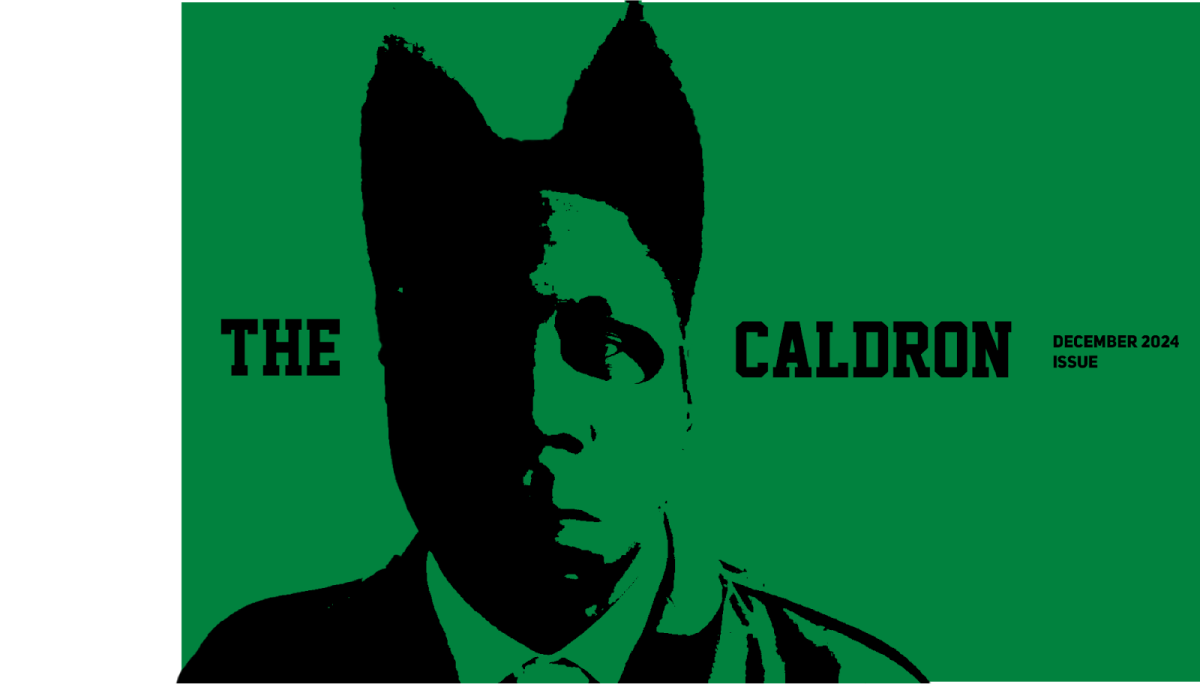Donald Trump’s tumultuous relationship with FBI Director James Comey came to a head last week when Trump abruptly fired the director. The dismissal of Comey was so surprising that the former FBI director himself originally thought that it was a joke, as he reportedly first heard the claims through the news while he was addressing FBI employees in Los Angeles, before his official letter came through the mail soon after. The president’s reasoning for firing Comey is ambiguous at best. Trump tweeted of his actions that, “Comey lost the confidence of almost everyone in Washington” and that he wanted to replace him with “someone who will do a far better job, bringing back the spirit and prestige of the FBI.” Soon after, the current acting FBI Director, Andrew McCabe refuted Trump, saying on May 11th that, “Comey enjoyed broad support within the FBI and still does to this day.”

Despite Trump’s boastful tweeting about firing Comey, most of his claims are unsubstantiated, and his constant misleading tweets may finally have cost him widespread support. Trump’s past history may lead clues as to why he chose to fire Comey. In July of 2016, Comey announced that the FBI would not recommend criminal charges against Hillary Clinton for her use of the private email service during her office as Secretary of State and closed the investigation. Then, in October, Comey announced to Congress that the FBI would be reopening the investigation of Clinton due to the discovery of new Clinton emails on former congressman Anthony Weiner’s laptop. Trump applauded Comey’s decision at the time, calling it “the right thing” to do and claiming that “it took guts for Director Comey to make the move that he made.” However, Trump’s apparent love for Comey would only last as long as the former director remained useful to the president. In March, Comey revealed that the FBI had been investigating “the nature of any links between individuals associated with the Trump campaign and the Russian government, and whether there was any coordination between the campaign and Russia’s efforts” since July. Comey also refuted Trump’s sensationalist claim that “Obama had [Trump’s] ‘wires tapped’ in Trump Tower just before the victory.” He disregarded the statement, saying, “With respect to the president’s tweets about alleged wiretapping directed at him by the prior administration, I have no information that supports those tweets and we have looked carefully inside the FBI.”
Now that Comey proved himself to be abide by separate rules than Trump’s own desires, Trump quickly lost confidence in his once-supposed ally. On May 2nd, he tweeted disparagingly about Comey, calling him “the best thing that ever happened to Hillary Clinton” and declaring that Democrats used the “Trump/Russia story [as] an excuse for losing the election.” Only a day later, Comey admitted at a Senate Judiciary hearing that it made him “mildly nauseous to think that [the FBI] may have had some impact on the election.” One week after that, Comey was fired.
There are undeniable parallels of Trump’s firing of Comey with Richard Nixon’s infamous cover up that lead to Watergate. American University’s Allan Lichtman calls Trump’s actions even “more serious because it involves a foreign power and the national security of the country” when comparing the event to Watergate. He even suggested that this could be a valid reason to begin an impeachment investigation on the grounds of obstruction of justice. What Trump’s abrupt dismissal of Comey may lead to is unknown as of yet, as this news surrounding this event continues to unfold. However, this event is not unprecedented. President Trump has had a history of firing those he does not see as “loyal” to him and his administration. His unorthodox view on government, which greatly contributed to his success in the election, may lead him into further trouble down the line, as his support from Democrats and Republicans alike begins to diminish as his abrupt and surprising actions continue to pile up.



























